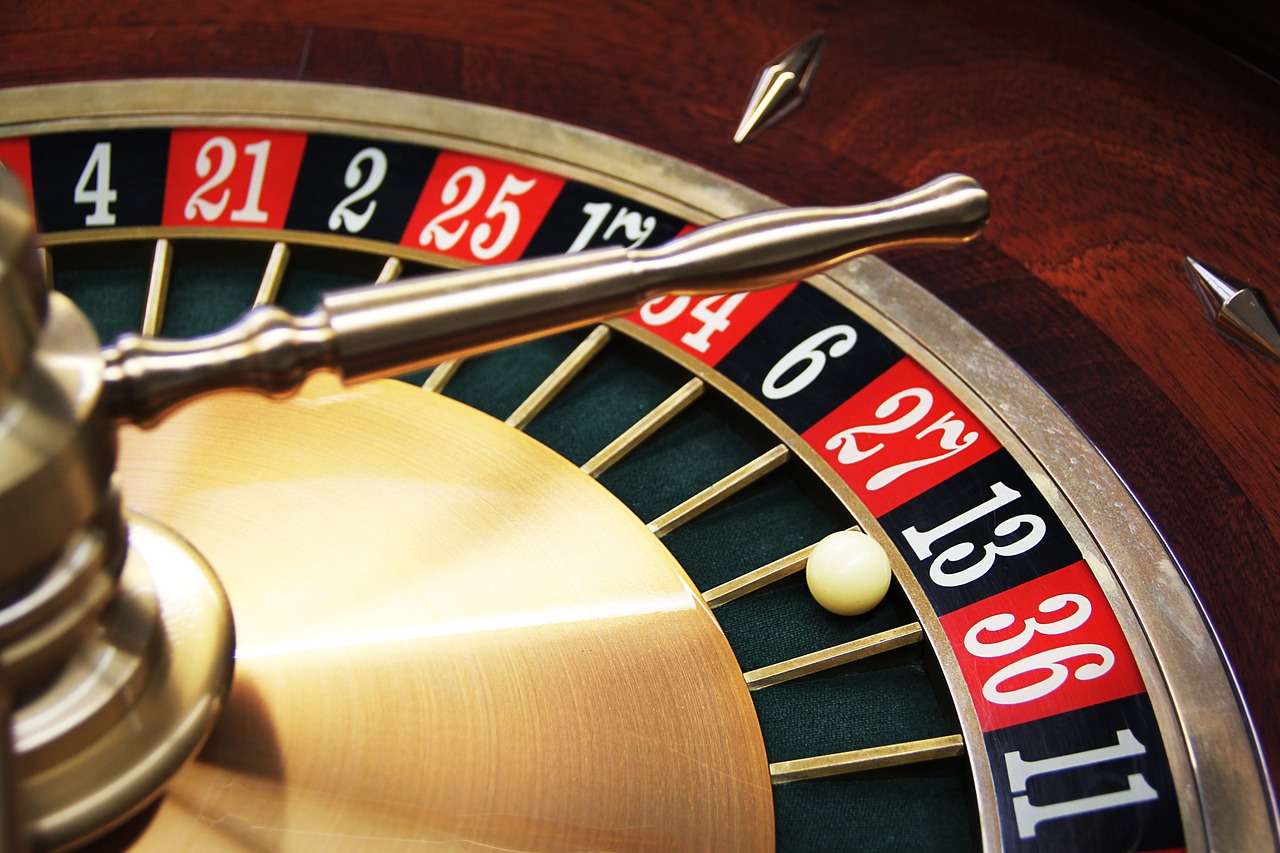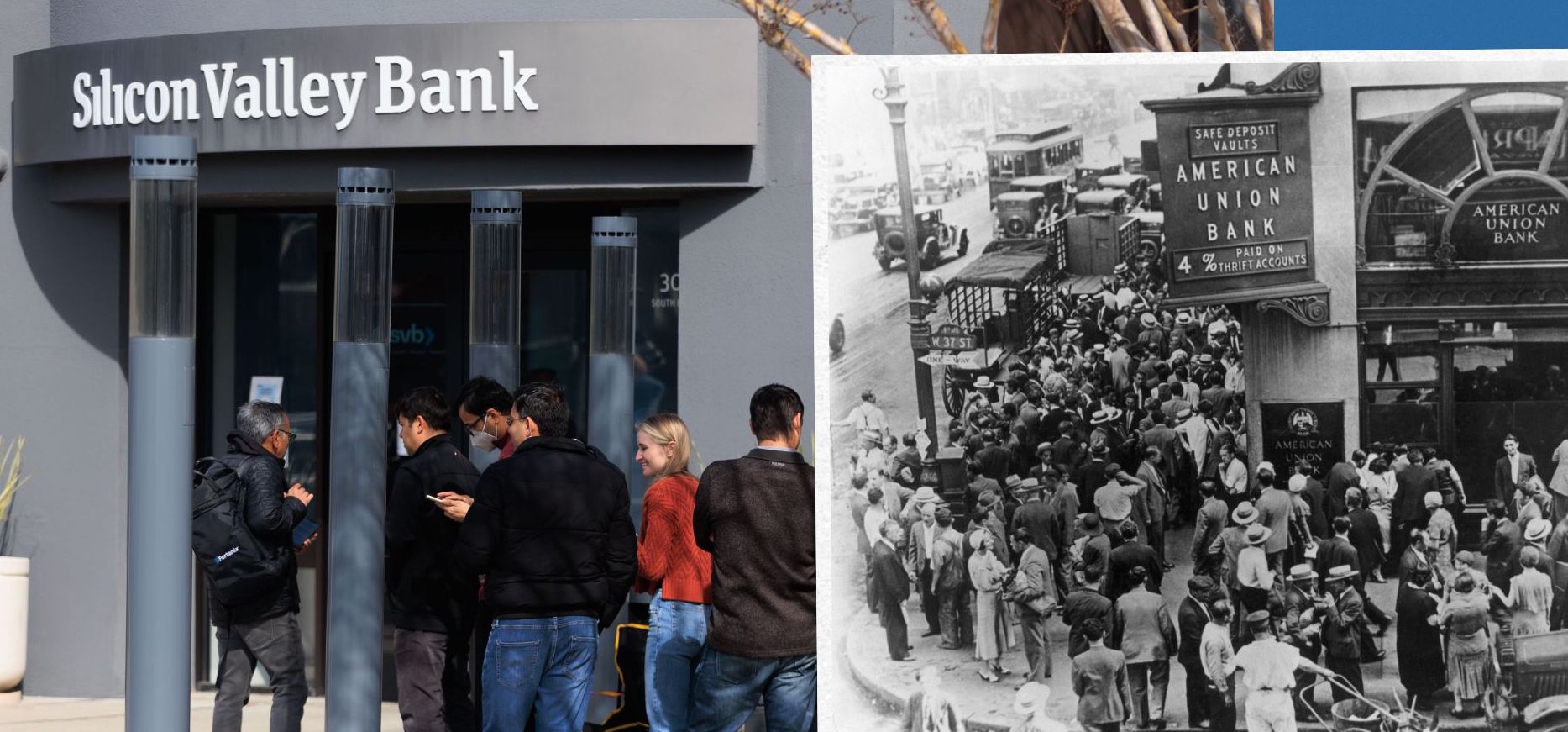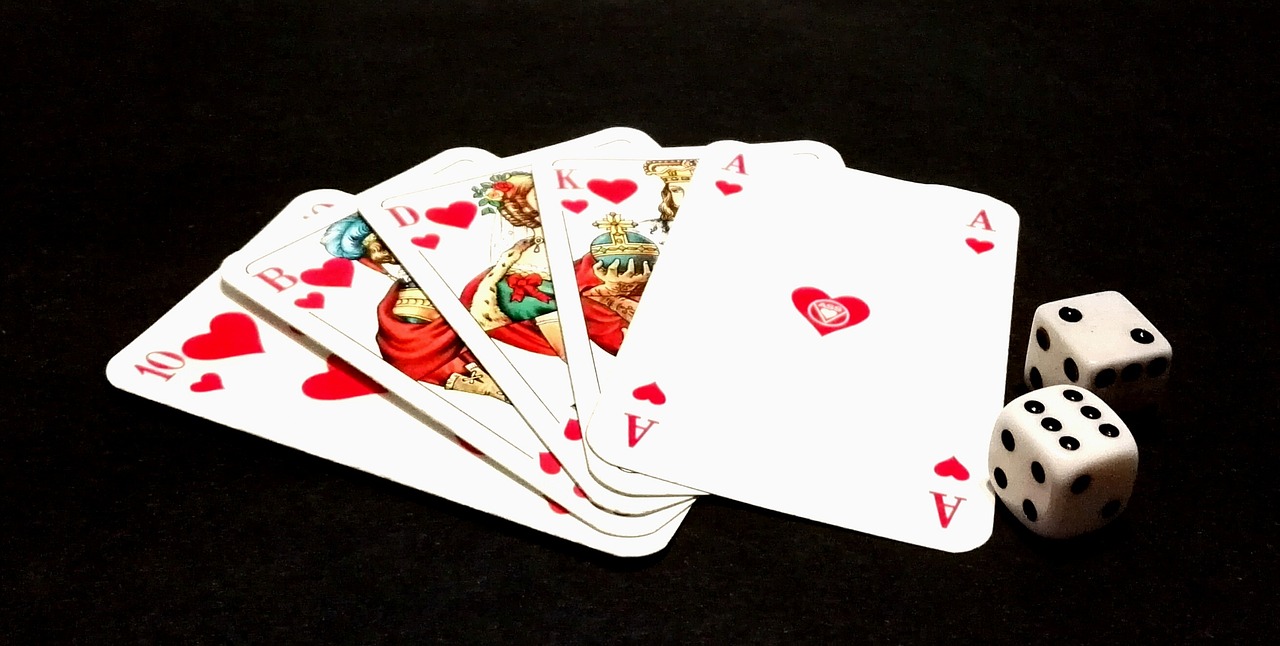토스카지노의 신세계에 오신 것을 환영합니다!
당신이 카지노를 좋아한다면, ‘카지노친구’는 당신의 최고의 파트너가 될 것입니다. 저희는 토스카지노를 포함한 다양한 카지노 업체의 정보를 제공합니다. 토스카지노 추천의 비밀 토스카지노는 최근 인기를 끌고 있는 카지노 중 하나입니다. 그렇다면 어떻게 이런 인기 카지노를 찾을 수 있을까요? 바로 ‘빅데이터’ 덕분입니다. 카지노친구는 수많은 데이터를 분석하여 사용자들에게 최적의 카지노를 추천해드립니다. 왜 토스카지노를 선택해야...















